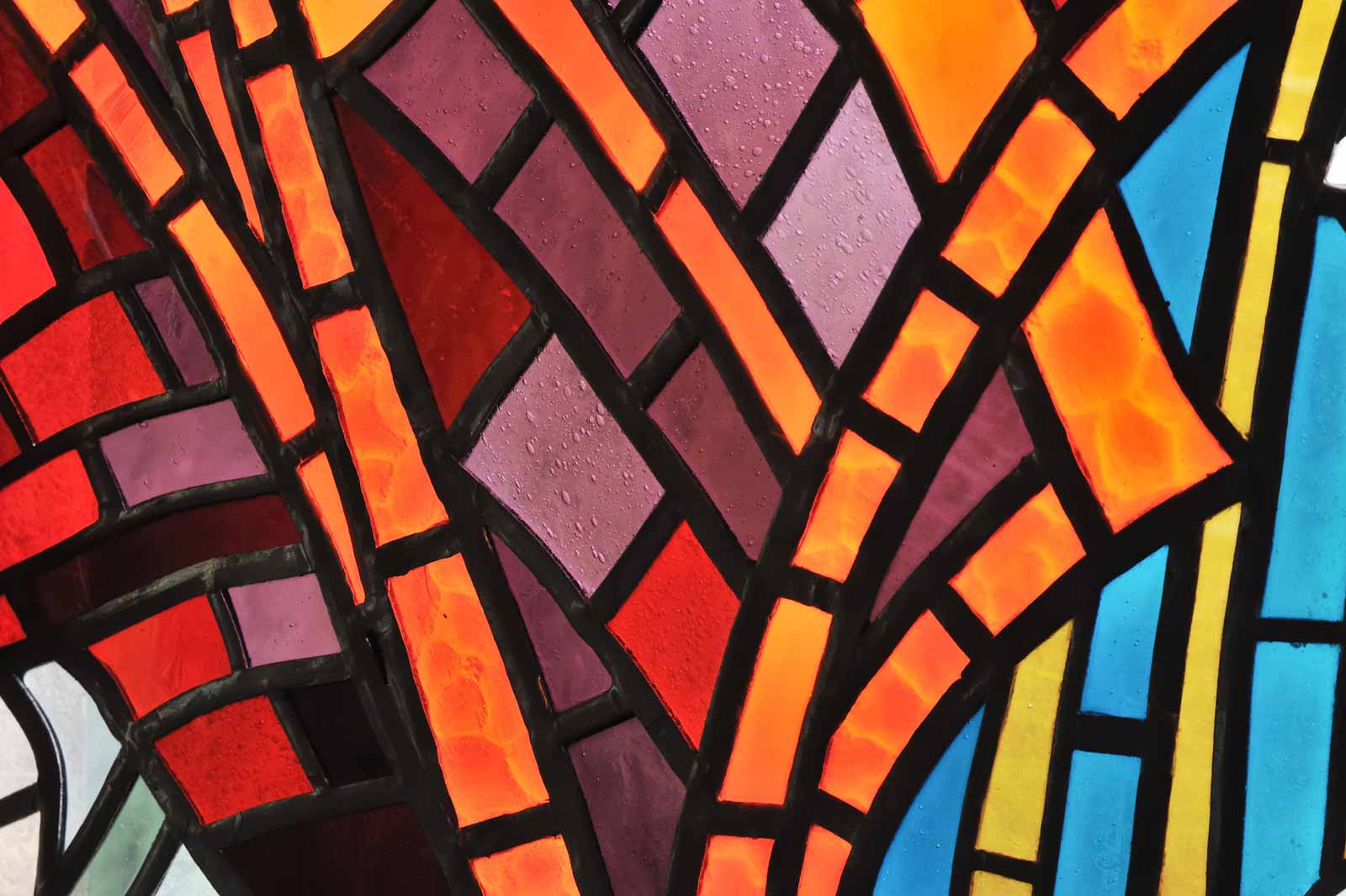The 2nd Sunday after the Epiphany
Readings
Hymns
- 402 The Only Son from Heaven
- 408 Come, Join in Cana’s Feast
- 398 Hail to the Lord’s Anointed
- 822 Alleluia! Let Praises Ring
Jesus’ First Miracle Reveals God’s Glory
The coming of the Messianic kingdom means the restoration of creation. The sign of this restoration is that “the mountains shall drip sweet wine” (Amos 9:11–15). When the elements of a fallen creation fail and run short at a wedding feast, our Lord Jesus steps in to restore creation and miraculously changes water into an abundance of the very best wine (John 2:1–11). With this sign, Christ manifests His glory. The “back” of God (Ex. 33:12–23) is revealed to those who believe. The hour will come when Jesus will again manifest His glory by taking creation’s curse into His own body to release us from its power. The Bridegroom will give His life for the Bride (Eph. 5:22–32), and from His side will flow water and blood, the holy sacraments by which she is cleansed and made one with Him. Through this sacrificial love of Christ we are enabled to “love one another with brotherly affection . . .” and to “outdo one another in showing honor” (Rom. 12:6–16).
Posted on
January 10, 2024 7:44 PM
by
MICHAEL BARNES
The Epiphany of Our Lord
The First Sunday after the Epiphany
The Baptism of Our Lord
Readings
Hymns
The Lord God Is Manifested in the Incarnate Son
The Feast of the Epiphany centers in the visit of the Magi from the East. In that respect, it is a “Thirteenth Day” of Christmas; and yet, it also marks the beginning of a new liturgical season. While Christmas has focused on the Incarnation of our Lord—that is, on God becoming flesh—the season of Epiphany emphasizes the manifestation or self-revelation of God in that same flesh of Christ. For the Lord Himself has entered our darkness and rises upon us with the brightness of His true light (Is. 60:1–2). He does so chiefly by His Word of the Gospel, which He causes to be preached within His Church on earth—not only to the Jews but also to Gentiles (Eph. 3:8–10). As the Magi were guided by the promises of Holy Scripture to find and worship the Christ Child with His mother in the house (Matt. 2:5–11), so does He call disciples from all nations by the preaching of His Word, to find and worship Him within His Church (Is. 60:3–6). With gold they confess His royalty; with incense, His deity; and with myrrh, His priestly sacrifice (Matt. 2:11).
The Glory of the Lord Returns to the Temple in the Boy Jesus
In the days of Solomon, the Lord dwelt among His people in the temple. The glory of the Lord filled the house of the Lord in the form of a cloud (1 Kings 8:6–13). Now Jesus, who is the glory of the Lord in the flesh, enters the temple to show that He Himself is the everlasting temple and dwelling place of God (Luke 2:41–52). Our young Lord, true man, subject to Mary and Joseph, reveals Himself also to be true God, whose father is not Joseph but the Almighty Father in heaven. Jesus does this at the time of the Passover. For He came to be the sacrificial Lamb of God who takes away the sin of the world. Even as He was found by His parents after three days, so He would later rise from the dead on the third day that the favor of God might rest also upon us. It is by these mercies of God that we present our bodies as a living sacrifice, holy and acceptable to God through Christ (Rom. 12:1–5).
In His Baptism, Jesus Takes His Place with Sinners
Our Lord Jesus is baptized “to fulfill all righteousness” (Matt. 3:13–17). He partakes of a baptism for sinners in order that He might be our substitute and bear the judgment we deserve. In the water, Jesus trades places with us. Our sin becomes His sin. His righteousness becomes our righteousness. Our glory, therefore, is in “Christ Jesus, who became to us . . . righteousness and sanctification and redemption” (1 Cor. 1:26–31). Jesus is the “chosen” One sent from the Father to release us from the prison house of sin and death (Is. 42:1–7). Baptized into Christ, we also become the chosen ones, beloved of the Father. We cross the Jordan with Jesus (Joshua 3) through death into the promised land of new life with God.
Posted on
January 04, 2024 4:55 PM
by
MICHAEL BARNES
